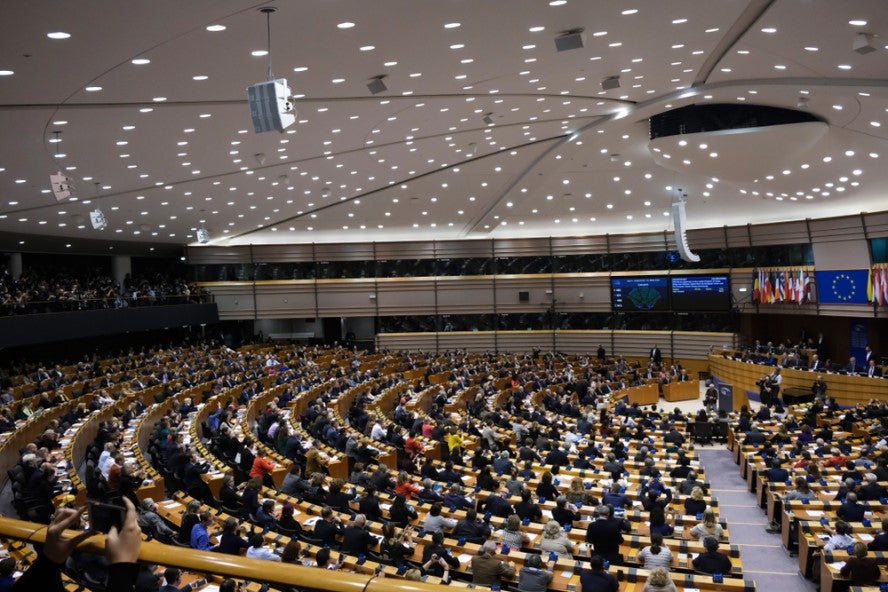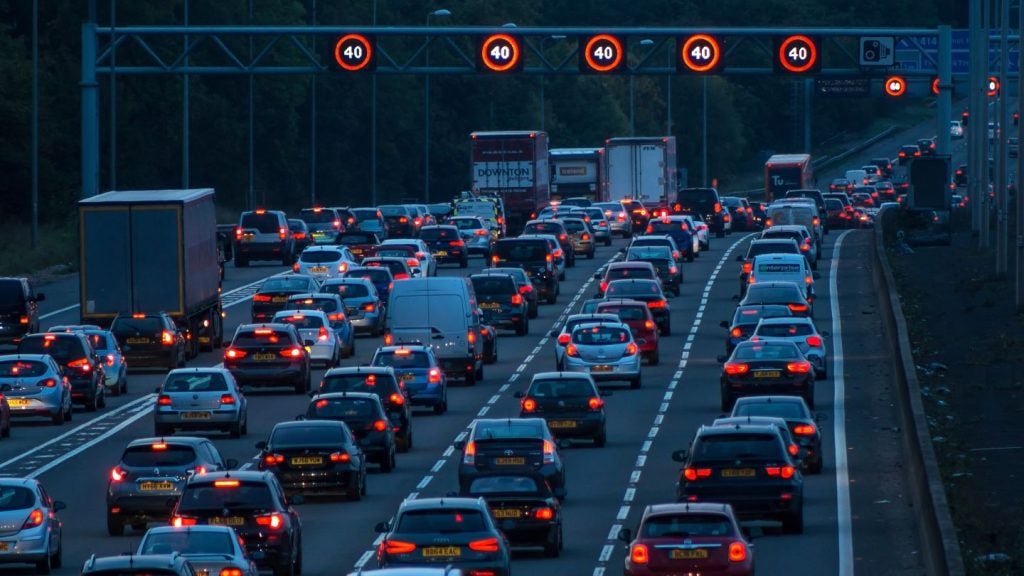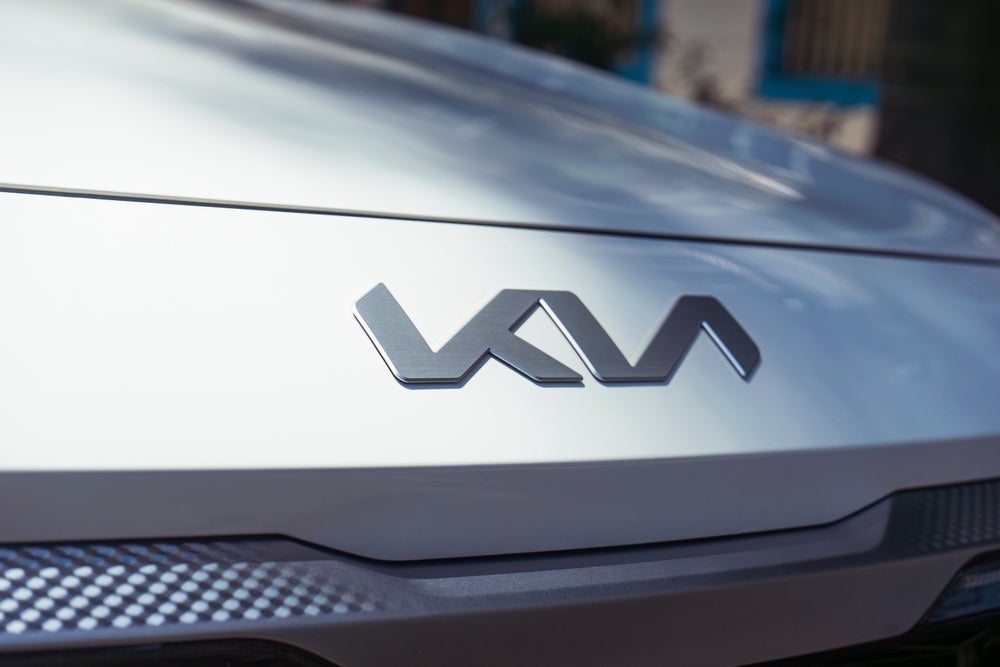
Populist and far-right parties have achieved record support in this year’s European Parliament elections, according to provisional results released on 10 June 2024.
This shift in political power could potentially lead to a re-evaluation of the 2035 target for phasing out the sale of internal combustion engine cars, despite the automotive industry’s ongoing transition towards electric vehicles.
In 2022, after extensive negotiations, European Union member states agreed that, from January 1, 2035, only new cars with no tailpipe CO2 emissions could be sold within the bloc. This landmark decision aimed to eliminate petrol and diesel cars from showrooms, restricting sales to battery electric or hydrogen-powered vehicles.
However, cancelling the 2035 deadline has become a significant objective for Europe’s right-wing parties. The European car industry, a major employer and leader in traditional cars, is struggling to keep pace with Chinese companies in the electric vehicle market, particularly in the production of affordable models.
The European Conservatives and Reformists (ECR) parliamentary group, which includes Italy’s Brothers of Italy and Spain’s Vox, remains opposed to the transition to electric vehicles. “We stand firm in our belief that the internal combustion engine, a testament to the power of European creativity and ingenuity, can remain commercially viable for years to come by embracing cutting-edge technology and investing in ground-breaking research on alternative low-emission fuels,” their election manifesto states.
Another right-wing group, the Identity and Democracy group, which includes France’s National Rally (RN) and Germany’s Alternative for Germany (AfD), criticises electric vehicles for their high costs and views the impending ban as a discriminatory measure. Meanwhile, the centre-right European People’s Party (EPP), the outgoing majority in the European Parliament, is divided on the issue.
German parties within the EPP, the Christian Democratic Union (CDU) and the Christian Social Union (CSU), advocate for scrapping the 2035 deadline to benefit from advanced German internal combustion engine technology. However, this stance was not included in the EPP manifesto, as outgoing European Commission President Ursula von der Leyen, who led the EU “Green Deal” negotiations, heads the party.
Diane Strauss from the NGO Transport & Environment told the AFP news service: “It would be surprising if the commission that put into place the Green Deal backtracked on it, but there are risks to its implementation.”
Despite the automotive industry’s significant progress in shifting to electric vehicles, with fully electric models now comprising about 13% of the market, industry leaders express concerns about the timeline.
Renault CEO Luca de Meo, also head of the European car lobby group ACEA, indicated that a delay would be welcome. “I hope the ban will come into force a bit later because I think we won’t be able to do it without damaging all of the European auto industry and value chain,” he said.
Carlos Tavares, CEO of Stellantis, noted that the pace of the transition to electric vehicles depends heavily on political outcomes. “The shift to electric vehicles would speed up if ‘dogmatic progressives’ win office but would slow if ‘populists’ carry the elections,” he said.
Transport & Environment’s Strauss highlighted the importance of factors such as the deployment of charging stations and price reductions, potentially through subsidised leasing programmes, for the success of the 2035 deadline. “A parliament very opposed to electromobility could slow the implementation of all the factors necessary for the success of the effort,” she said, citing the potential reduction of subsidies as an example.
A review of the progress towards electrification is planned for 2026. While this does not imply another vote on the 2035 deadline, the review could reveal delays and bolster arguments for alternatives, such as synthetic fuels. Although synthetic fuels are currently energy-intensive and costly to produce, automakers like Porsche, Stellantis, and Renault are exploring their use in existing engines.
However, sceptics argue that making e-fuels fully carbon neutral is challenging and that they are less efficient than battery electric vehicles.
Sue Robinson, Chief Executive of the National Franchised Dealers Association (NFDA), which represents car and commercial retailers across the UK, commented on the 2024 European Parliament election results:
“As the results of the 2024 European Parliament election continue to emerge and subsequent developments unfold, NFDA will monitor the strategies and changes affecting the automotive sector. We will work closely with our European counterparts to understand how any changes will impact their businesses.
“Recently, I attended an Alliance of European Car Dealers and Repairers (AECDR) meeting in Rome, where members and dealers approved a memorandum to promote ecological transition.
“NFDA will continue to keep members and consumers informed about ongoing developments in Europe.”







